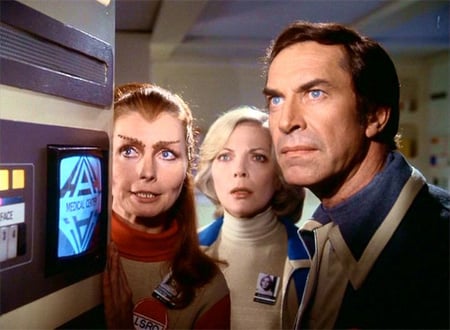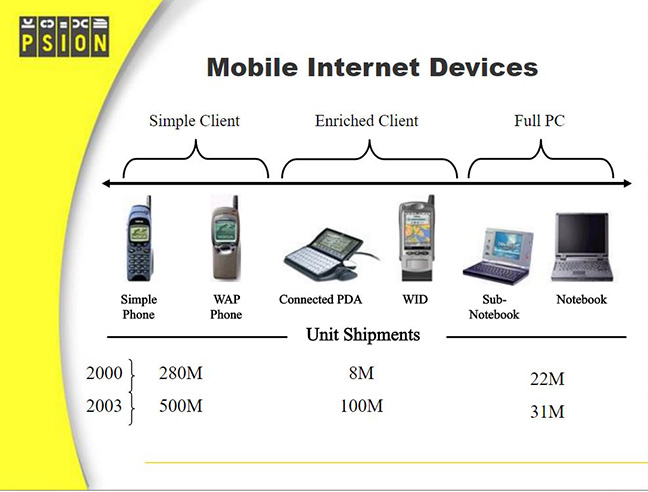This article is more than 1 year old
How Apple exploded Europe's crony capitalism
Jobs dared take on the GSM chumocracy – and won
iPhone at 10 Apple's iPhone wasn't just a shiny new thing that was irritatingly and madly overhyped. Before long, it shattered a benevolent kind of crony capitalism in which Europeans took great pride, but that was short-serving the public. And it needed an outsider to do this.
Ten years ago, Europe could be excused for feeling a little smug. Europeans thought their "European model" of business had vanquished the red-in-tooth-and-claw, winner-takes-all "American model" of capitalism. Europe's was kinder, gentler and more co-operative, and on the surface it seemed to be working. The mobile phone was a modern success with a European genesis: a billion phones were being shifted each year, and mobile voice was reaching the poorest people in the world. The annual GSM Congress (as MWC was then called) was a festival of self-congratulation. Europe began to view anyone who wished to upset this agreeable arrangement as rude and impertinent.
But with the benefit of hindsight, this was a protectionist fortress that was merely keeping the forces of change at bay temporarily. The latent demand for mobile data services wasn't being fulfilled, and silicon moved at a stately pace. To help us understand the extent of what Apple did a decade ago, let's take a step back to imagine how Wise Men in the past have Imagined The Future.
The Future is actually pretty much what it Used To Be
When you revisit technological predictions – whether expressed in fiction or corporate futurology – from the 1970s or 1980s, a few things leap out at you. Why is everyone wearing one or two-piece white tunics, or polo neck polyester tops? Why have they replaced food with processed paste or pills? Today hipsters venerate food their grandparents would eat only when they were skint, like artisanal offal. Futurists never account for that.
Look closer and you'll typically see people doing all the things that we take for granted today. There are movies and music on demand, mobile phones, instant communication. Some of these services haven't really arrived: e-learning and telemedicine. In other words, the convergence of computers and networks was predicted decades ago.
But the fashion and the food aren't the only things that are wrong. Almost every vision of the future made in the past involves a crumby CRT display. Some of these displays are even monochrome. The futurists of the past expected that humanity would invent amazing technologies in every sector except computer graphics and colour displays! Above is an example from AT&T as recent as 1993 – when many of us were starting to pay a tenner a month to Cliff Stanford to hear the Rasp of the Modem.

Why is this? It's because the people dreaming up these futuristic visions were essentially paternalistic. They were technocrats who shared the same faith in post-war central planning; they assumed consumers could and would be corralled like cattle. If you're AT&T, that's just how you had been brought up. If you were a sci-fi writer, the chances are you bought into this technocratic paternalism too. HG Wells wrote science fiction solely to advance his view of a world governed by a benevolent super-elite (helped by a supercomputer). But in real life, people often buy the most spectacular displays they can afford, so long as the content is there. 3D has flopped, but the size and colour quality of TVs has been improving fantastically for years.
Why is this relevant? Two things made Europe's complacent model distinctly cronyist.
The GSM chumocracy
Nokia may have been shifting hundreds of millions of phones a year, but in reality it didn't have hundreds of millions of "customers". It had around 100, and only a couple of dozen of these were really important. These were the key buyers at the mobile networks around the world. And, just as an organisation has to move at the pace of its dumbest manager, the mobile industry had to slow down to accommodate the conservatism and risk averseness of the network buyers. You didn't get the devices you deserved: you got the phones that the mobile carriers thought you needed. And these would be devices that didn't break their precious networks. I have lots of sympathy here for networks, who were (and are still) encumbered by debt by greedy politicians, and who face not only huge capex commitments merely to stay in the game, but who are vilified by the slacktivist army of Net Nannies – today's equivalent of the 19th century's nonconformist moralisers – for doing evil. But things had got very cosy. It was a chumocracy.
The other cronyism factor was the industry's Dirty Secret. The network equipment manufacturers were essentially banks who were financing the network operators so they bought the gear they made. They still do this, advancing credit against purchasers. Network capex was soft subsidised by the equipment industry. Supporters of this model argue that it keeps investment rolling along. But the relevance to us here is that the handset vendors like Siemens, Ericsson, Nokia and the equipment vendors were often the same company. Things were even cosier than they appeared. Simon Rockman sheds some light on this world here yesterday. These two groups of paternalistic technocrats dictated the pace of progress.

Anyone around in the late 1990s or early 2000s will recall the future of mobile services involved full touchscreen "WIDs" doing all the things that we take for granted today. Many of you were downloading apps, doing IM, maps, and music on colour smartphones long before the iPhone. But it was often expensive and something for the determined hobbyist to do. So it took the outsider, Apple, to put the focus on the one thing paternalistic futurists always forget: the display.
I remember a senior Nokia engineer explaining in astonishment how the iPhone's frame rate was 60fps – more than twice the frame rate needed to be "smooth". For a competitive product analysis, Nokia had brought in expensive movie cameras to film the iPhone's UI animations to confirm this fact. Apple was investing heavily in GPU hardware that nobody needed. "Why would they bother?" they all wondered.
It's just that Steve Jobs was absurdly over-compensating for another oversight by the paternalist futurists – ease of use, delighting the end user. For that's another thing you don't see in visions of the future from the 1970s or 1980s: the handy keyboard strip reminding you that Shift-Ctrl-Alt-F5 orders the pizza.
Anyone using the original iPhone will have realised within a minute that this was a special kind of computer, and its advantages were potentially so great that they may well in time overcome the first-generation omissions, such as MMS and 3G. It was so nice to use. Apple bet on creating a new kind of computer, on which telephony was an ancillary function, one of many things the phone did well. But the iPhone didn't compromise on the others merely to accommodate the telephony. The bet was that the value proposition of the entire bundle would exceed the losses: long battery life and top-notch phone calls. Those merely had to be good enough. Apple bet right and the telecoms world changed forever.
Apple could decide for itself what consumers wanted – it no longer had to obey the rules set by the GSM chumocracy. And once Apple had a rival, the game was taken out of the industry cabal's hands entirely. Capitalism then did what it's good at, aligning investment with demand: brains and cash poured into chip development. Components became packaged. It used to take two years for Symbian's engineers to perform a "base port" to a new chipset, a formidable barrier that kept new entrants out of the phone market. Today you can walk into a mall in Shenzhen, and half an hour later you are a phone OEM. Apple was soon dictating the terms to operators, who chaffed at having to spend billions to buy iPhone inventory in advance. Apple, ironically, had to take on the role of a bank, funding the iPhone's supply chains.
This piece isn't an endorsement of the American model. I'm merely pointing out that if we're living under "consumer capitalism", or in a "consumer society", this occasionally has to do what it says on the tin. Under Europe's crony model by the mid-Noughties it was failing or even suppressing many potential markets, and the mobile data services explosion we'd expected for years hadn't happened. The "smartphones" weren't even that smart or nice to use, I lamented, four months before the iPhone was announced. The iPhone changed all that.
Today the GSMA is still congratulating itself every year – having outgrown Cannes for Barcelona – but it's long been an irrelevance. The only two companies that matter today, Apple and Google, don't even bother turning up. When the GSMA tries an initiative such as mobile money (in true paternalistic fashion, a model tied to the SIM card, not the device), the world simply ignores it.
As I'd hoped a decade ago, and have said many times since, you don't have to own an iPhone or even like Apple to appreciate the change it wrought. ®
